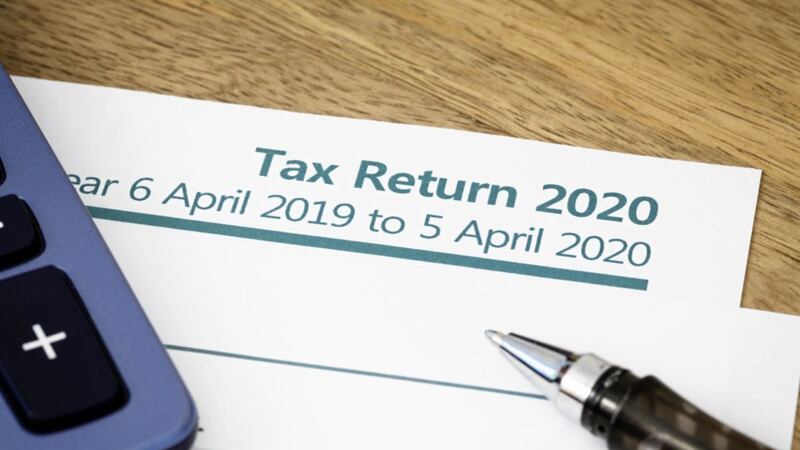QUESTION: As the self-assessment filing deadline and payment date approaches, I'm concerned that I may not be able to pay my tax liability in full and was considering not filing my return until later in the year. Can you advise what my options are?
ANSWER: Due to the challenges businesses have faced as result of the Covid-19 pandemic, many tax-payers and business owners have incurred significant cash-flow problems since last March. And as the filing and payment date for the Self-Assessment income tax return on January 31 fast approaches, many may find they cannot meet their income tax payment deadline.
Where an individual’s tax liability is greater than £1,000, income tax is generally paid in three stages. Instalment payments are due on January 31 and July 31, with a balance of tax due the followingJanuary. The instalment payments represent 50 per cent of the previous year’s tax liability but can be reduced if it is anticipated that the final tax liability would be lower than the previous year.
Due to the pandemic, HMRC agreed that interest and penalties would not be charged if the 2019/20 second instalment payment was not met or paid in full by July 31 past, providing the payment is made in full by the end of this month.
For some taxpayers, their tax liability for the 2019/20 tax year would relate to profits that were earned prior to the pandemic. For example, a business with a year end of April 2019 would pay tax on these profits in the 2019/20 tax year. Reserves that may have been set aside to pay the 2019/20 liability may have been utilised to keep their business afloat. In addition, some tax-payers may also have delayed making the second payment on account in July, which will also contribute to a higher balance of tax due this January 31.
If a self-assessment return is not filed by January 321, it would give rise to an automatic penalty of £100, with additional penalties being incurred if the return remained outstanding, unless there was a reasonable excuse for late filing.
But due to the pandemic, HMRC say that while they won’t waive late filing penalties nor extend the filing deadline, it would take into account any Covid-19 disruptions (tax-payer or agent related) leading to a missed filing date when considering reasonable excuses. In addition to this, they will also extend the time period for appealing a penalty from one month to three.
In relation to the payment deadline for the 2019/20 tax year, it's important your tax liability is calculated and you are aware of the balance of tax that is due. Until this is known, it will be difficult to plan for its payment and you could incur unnecessary penalties. Interest charges would accrue on the outstanding tax liability.
Once the tax liability has been established, a time to pay arrangement (payment plan) with HMRC should be considered to allow you to spread the cost over an agreed period of time providing the amount outstanding is less than £30,000.
If the amount of tax owed is greater than £30,000, it's vital you speak to your accountant urgently to consider other options.
Forward planning, understanding your tax liability and early engagement with HMRC are key to managing your filing obligations and payment deadline during these uncertain times.
:: Siobhan McCreesh (s.mccreesh@pkffpm.com) is associate tax director at PKF-FPM Accountants (www.pkffpm.com). The advice in this column is specific to the facts surrounding the question posed. Neither the Irish News nor the contributors accept any liability for any direct or indirect loss arising from any reliance placed on replies.







